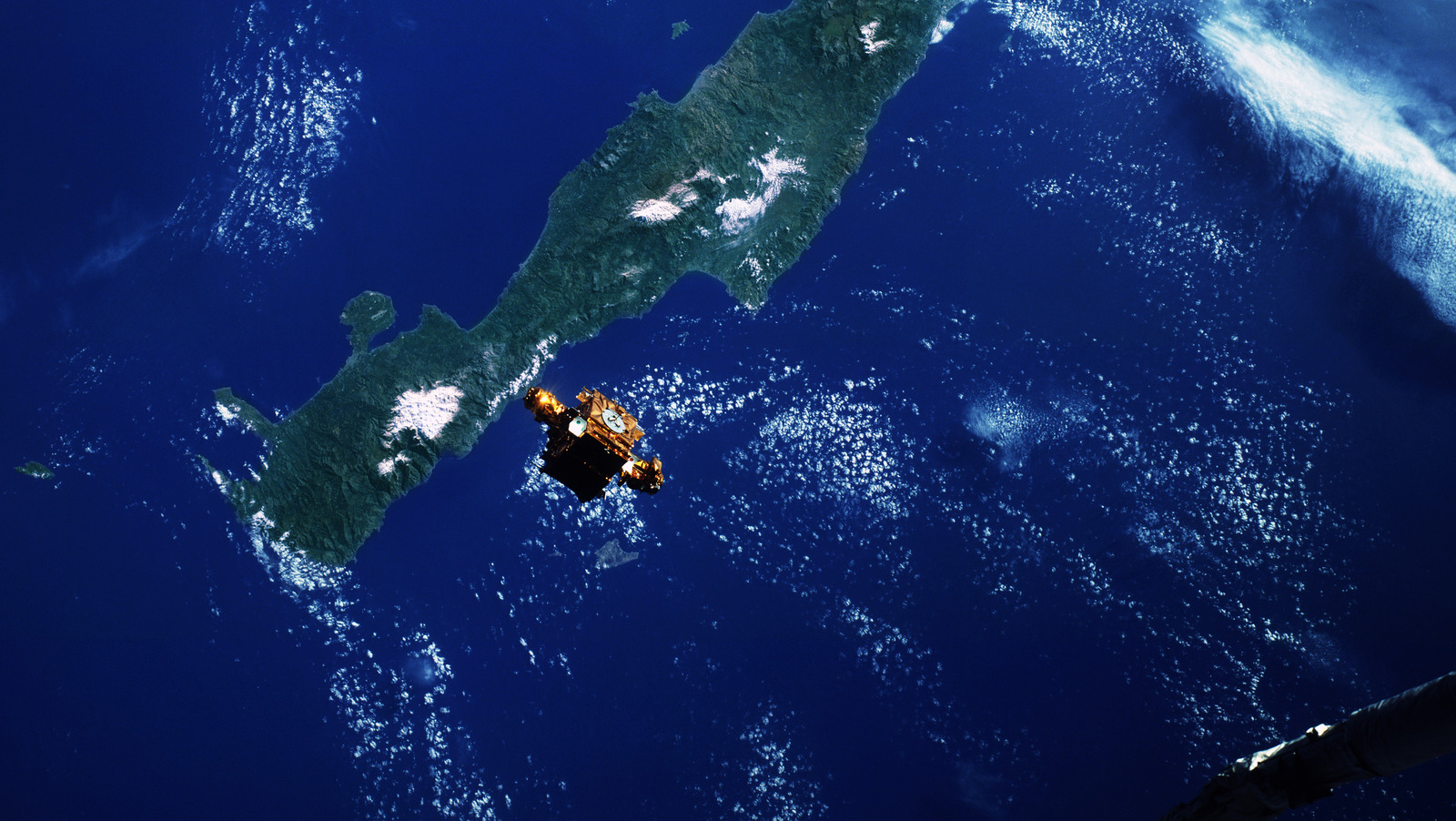Debunking the Myth: Has NASA Stopped Ocean Exploration?
For years, conspiracy theories have plagued NASA, ranging from claims of a fabricated moon landing to the belief in a flat Earth and secret alien activities at Area 51. Recently, a more peculiar theory has surfaced, suggesting that NASA ceased ocean exploration in the late 1970s. A certain YouTube video featuring eerie music and footage of aquatic life alleges that NASA abandoned ocean activities in 1978, apparently to focus on space colonization projects. The video’s enigmatic finale poses a chilling question, “What did they find down there?”
NASA’s Ongoing Commitment to Oceanic Research
Despite the rumors proposed by such dramatic narratives, NASA’s dedication to oceanic research has not waned since its inception. The agency’s investigation isn’t confined to studying peculiar deep-sea creatures. Instead, NASA uses the oceans as a colossal laboratory for developing and testing techniques for potential planetary exploration elsewhere in the solar system.
Active Initiatives in Oceanic Studies by NASA
NASA continues to be deeply involved in oceanic studies. The NASA Ocean Physics program undertakes comprehensive assessments of the ocean’s influence on climate change, including monitoring sea level variations, oceanic dynamics, and the broader ocean-Earth interactions, with data sourced from satellites and sub-orbital instruments. Additionally, NASA’s SUBSEA initiative—Systematic Underwater Biogeochemical Science and Exploration Analog—employs robotic technology for underwater missions that mimic the exploration of planets with oceanic environments similar to ours. The project includes research at underwater volcano sites near Hawaii Island to understand conditions analogous to what might be found on certain extraterrestrial moons, potential homes for alien life.
Even when not directly exploring Earth’s oceans, the NASA Ocean Worlds Exploration Program (OWEP) investigates extraterrestrial oceans within our solar system to determine their potential to harbor life forms akin to the extreme life found in Earth’s abyssal depths. This research provides a more meaningful contribution to science than simply creating a spooky YouTube clip.
Ironically, there is a grain of truth to the claim that something ocean-related from NASA ended in 1978. That year marked the launch of Seasat, the agency’s pioneering oceanographic satellite. Though Seasat ceased functioning after about 105 days due to a malfunction, its legacy lives on through subsequent satellites performing similar roles above us. So while the myth of NASA abandoning ocean exploration endures on social media, the reality is a continuous and expanding pursuit of knowledge beneath the waves
Read More

